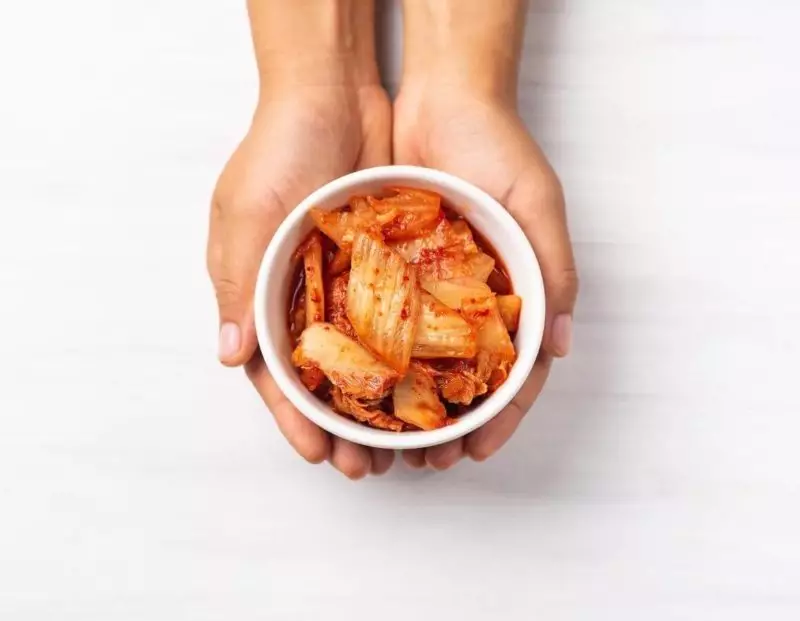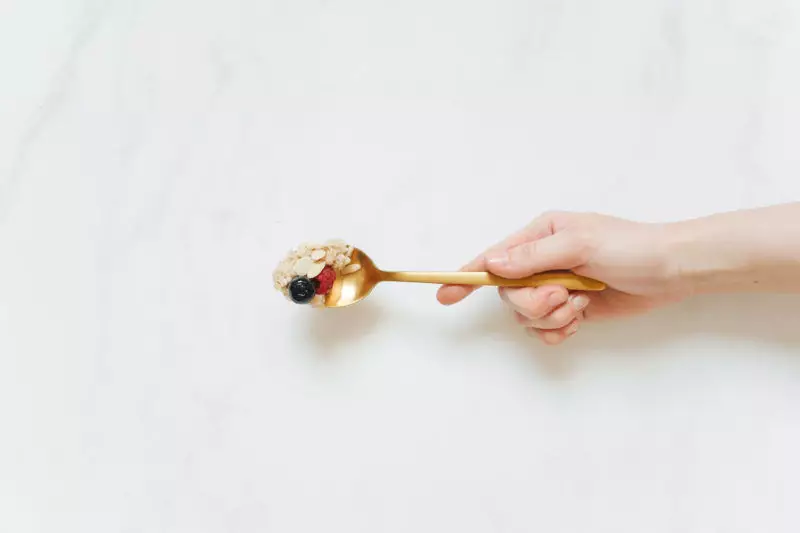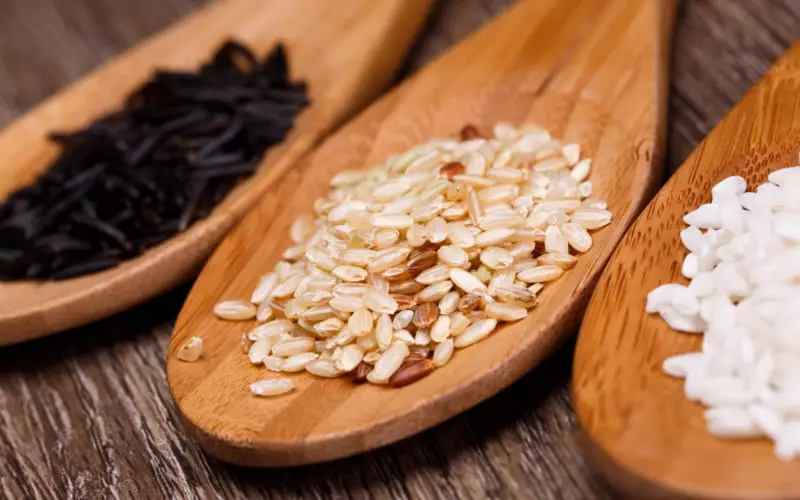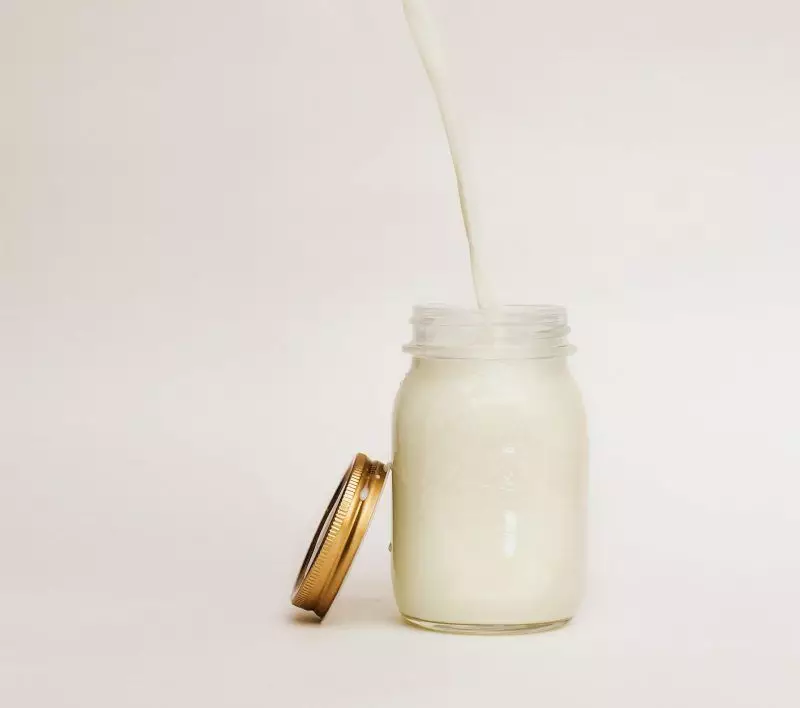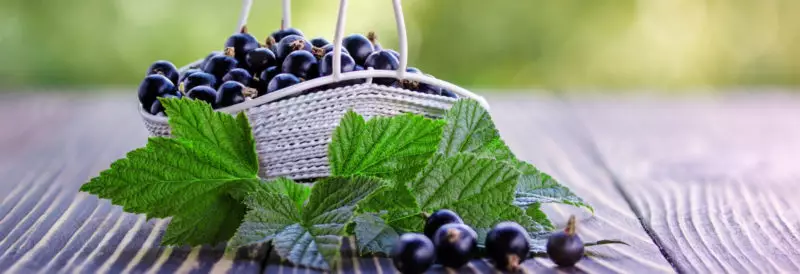
Blackcurrant is a type of small, dark-purple berry that is mainly used for baking, desserts, jams, and marmalades.
In many areas in the United States, blackcurrant plants are banned because they are thought to increase the risk of spreading a specific type of fungus, harmful to the surrounding pines. As this poses a threat to the timber industry, the ban is unlikely to be canceled any time soon.
That being said, the consumption of blackcurrant fruits is not associated with human health risks! Even the contrary, blackcurrants may provide impressive health benefits to the human body when consumed in the right amounts.
This article will guide you through these health benefits and will give you a sneak peek into how much blackcurrant is too much to eat!
Let’s dive in!
Why are blackcurrants healthy?
According to the website NutritionData, 100 grams of fresh blackcurrant fruits have only 63 calories and are abundant in the following micronutrients [1] :
- Vitamin A (230IU or 5% of DV)
- Vitamin C (181mg or 302% of DV)
- Vitamin E (1mg or 5% of DV)
- B complex vitamins (except folate and vitamin B12)
- Calcium (55mg or 6% of DV)
- Iron (1.5mg or 9% of DV)
- Phosphorous (59mg or 6% of DV)
- Potassium (322mg or 9% of DV)
- Magnesium (24mg or 6% of DV)
- Manganese (0.3mg or 13% of DV)
*DV standing for Daily Value. These values are based on a 2,000 calorie reference diet.
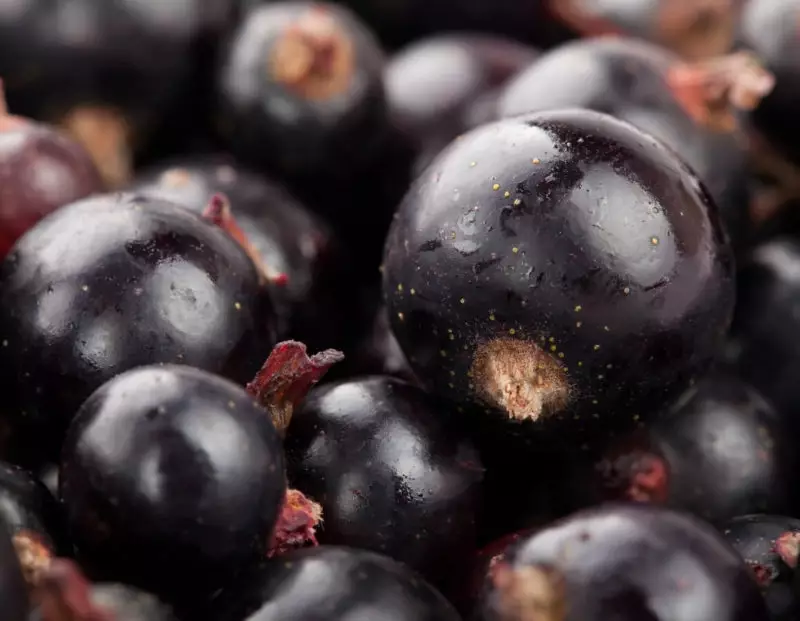
Health benefits of blackcurrant
Being that they are nutritious and packed with micronutrients, the regular, yet controlled consumption of blackcurrants can be associated with various health benefits, including antioxidant and antimicrobial effects, autoimmune support, heart health, nervous system support, eye health, kidney support, and blood sugar control.
Antioxidant effect
According to a 2012 review paper published in the Journal of Food and Function, blackcurrant fruits are abundant in phenols and anthocyanins, which are types of antioxidant compounds.[3]
The source suggests that although the exact concentration of these compounds may vary according to the ripeness of the fruits (as well as other impacting factors), the regular consumption of blackcurrants may be associated with reduced oxidative stress, and improved resistance to free radicals damage. All these factors could be considered as a prerequisite for improved overall wellbeing and effective body cell functioning.
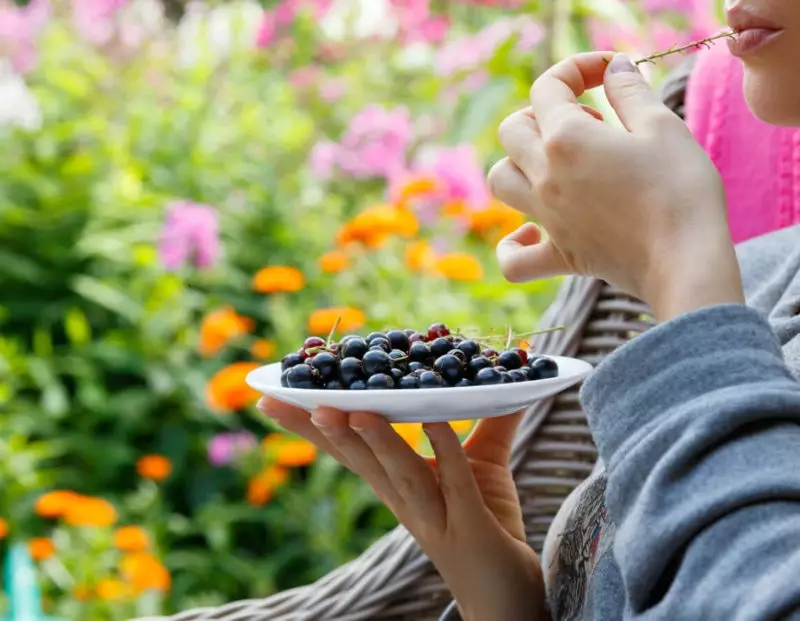
Immune support
Evidence suggests that supplementation with blackcurrant seed oil may provide immune function support to healthy adults, due to the high polyunsaturated fatty acid (also known as healthy fat) content. [5]
*At RawBeautySource we stand against self-supplementation, as when unsupervised, this practice may cause more harm than health benefits. Before supplementing, consult your healthcare provider or dietitian about dosing and supplementation timeframe.
Antimicrobial properties
Blackcurrant seed extract may fight pathogens and harmful bacteria in the body, according to 2012 evidence. [3] The source also highlights the suggestion that such extract may have antimicrobial effects against a wide variety of bacteria, including Helicobacter pylori (leading cause for stomach ulcers and gastritis), salmonella, candida (fungus), and influenza viruses A and B.
Heart health
According to a 2018 study published in the European Journal of Nutrition, the anthocyanins (antioxidant compounds that we were talking about) found in blackcurrant extract may support cholesterol transport in the body, which may lead to reduction in LDL, or so-called bad cholesterol. [6]
Furthermore, dietary fiber, found in blackcurrant fruits and other plant foods, may also play a role in balancing cholesterol profile by lowering LDL and total cholesterol levels. [7]
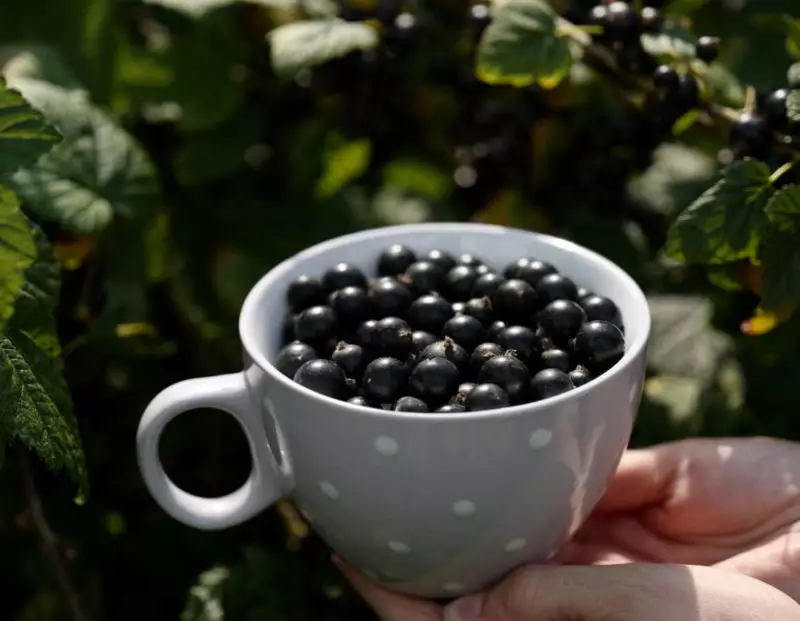
Improved mood
A 2019 study published in the Journal of Nutritional Neuroscience suggests that a single serve of blackcurrant juice (the study used anthocyanin-rich juice with 500 mg polyphenols) may positively affect alertness, mood, and energy (thus, reducing fatigue). [9]
Eye health
According to a 2019 review paper, anthocyanins found in blackcurrants may positively affect eye health, as they may improve blood circulation in the eye tissues, improve vision health, and even prevent the development of disorders affecting the eyes. [10]
Kidney support
This way, having blackcurrant juice in moderation can be considered a good option for people who are predisposed to development of uric acid stones.
Blood sugar control
As a result, blackcurrants are suggested to play a beneficial role in improving insulin sensitivity, controlling blood sugar levels, and decreasing the risk of type 2 diabetes development.

How much blackcurrant is too much?
The consumption of blackcurrants may provide you with amazing health effects! However, sticking to moderate consumption can help you get the optimal health benefits of these fruits.
According to the official recommendation for fruit consumption by the USDA, eating 1.5-2.5 cups of fruit per day can help you supply your body with enough micronutrients from fruit, without increasing the risk for blood sugar increase and nutrient toxicity. [13]
How to include blackcurrants in your diet?
It’s easy to include berries into your diet! Try adding them to different dishes like:
- Smoothies
- Breakfast bowls
- Oatmeal
- Salads
- Baked goods and desserts

